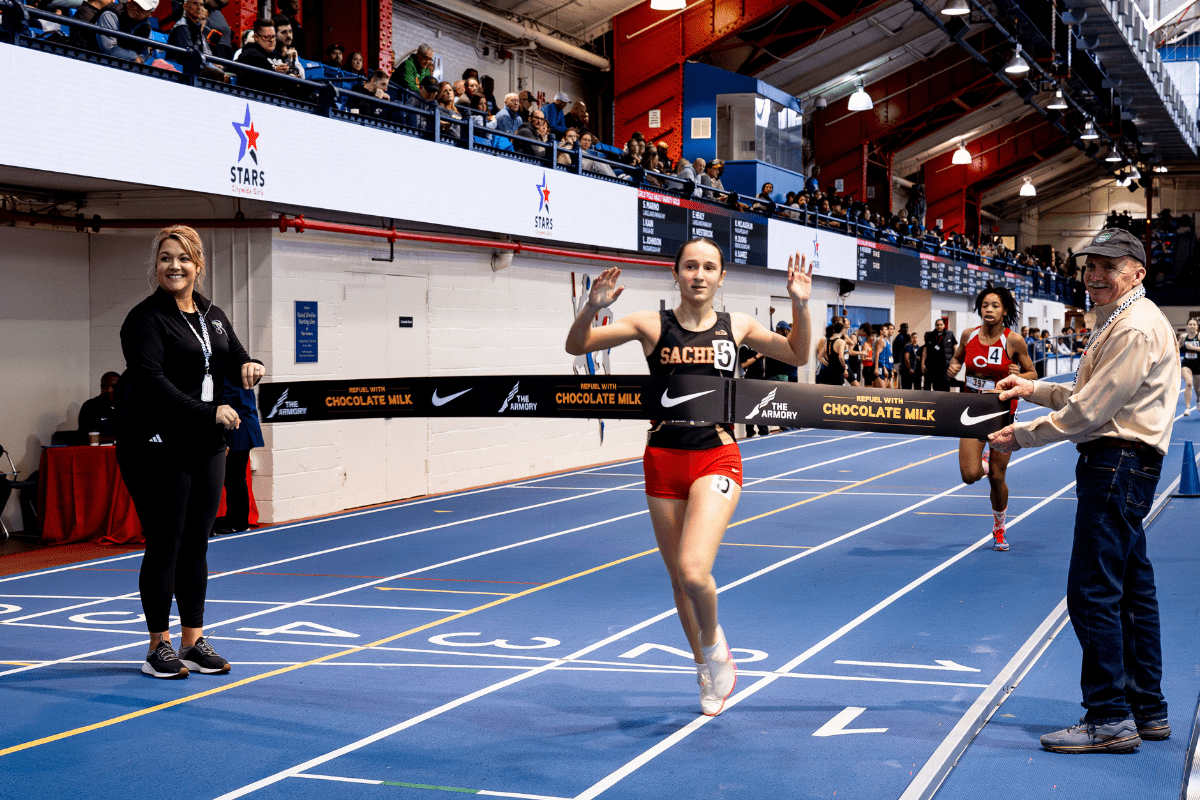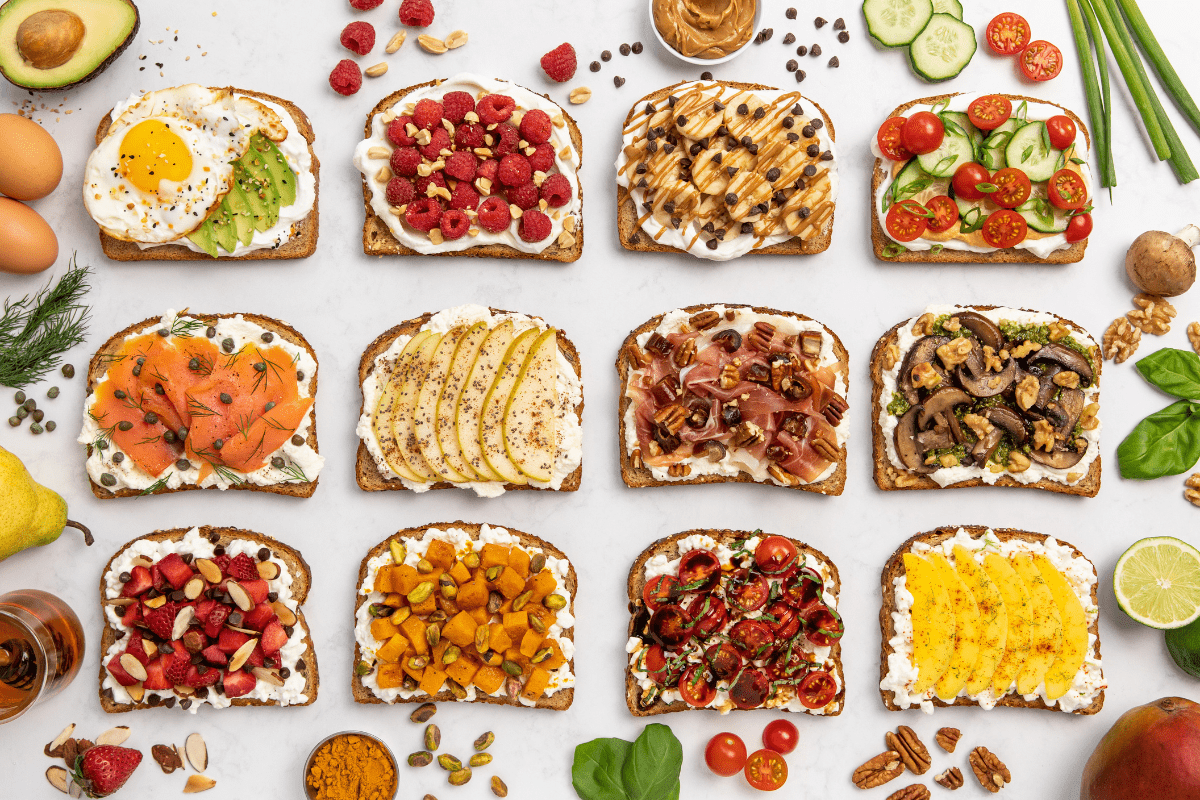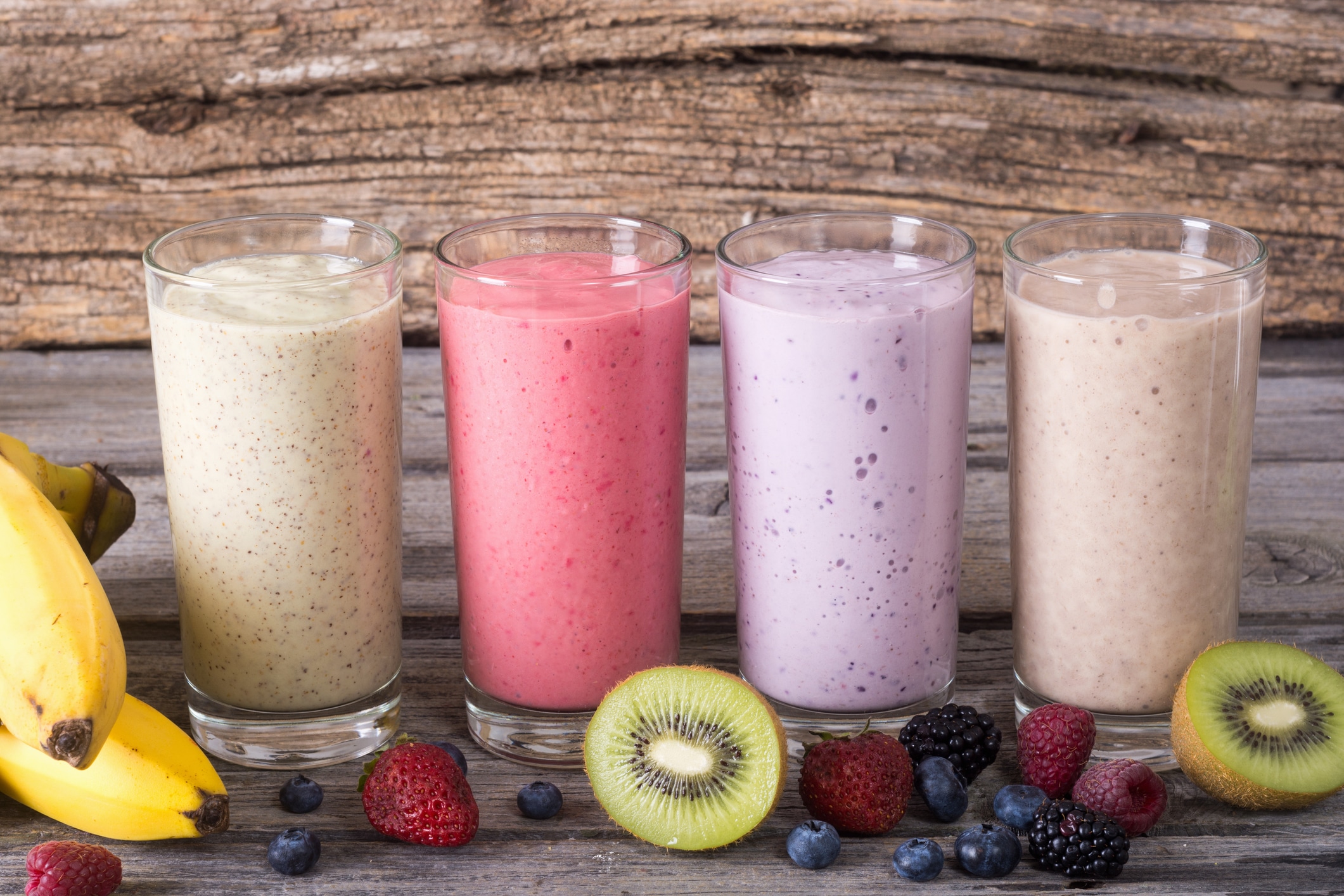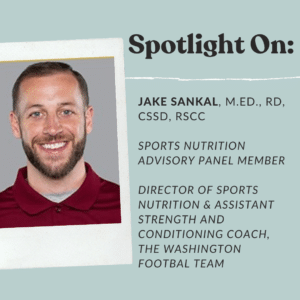 We caught up with Director of Sports Nutrition and Assistant Strength and Conditioning Coach for the Washington Football Team Jake Sankal, M.Ed., RD, CSSD, RSCC*D, to get the inside scoop on how the team fuels up for practice and gameday.
We caught up with Director of Sports Nutrition and Assistant Strength and Conditioning Coach for the Washington Football Team Jake Sankal, M.Ed., RD, CSSD, RSCC*D, to get the inside scoop on how the team fuels up for practice and gameday.
“Our team’s favorite meal is Chef Connor’s Chilean Seabass with Au Gratin Potatoes and Broccolini,” says Sankal. “The Seabass melts in your mouth and the potatoes are the perfect blend of light and flaky, but cheesy and hearty too.”
Sankal speaks highly of the team’s chef, explaining that all food for the team is pre-plated, restaurant style.
“We do that for a number of reasons, such as ensuring proper portions, overall quality of food, and to cut down on food waste,” explained Sankal. “It also presents our food in a very visually appealing way, which promotes new foods to our team and allows them to try new things.”
Sankal and Chef Connor work together to make sure players have a wide variety of options and never repeat the same thing during the week.
Snacks are no exception to the variety rule either. Team dietitian Sankal chooses what snacks are available for the team, but says he frequently asks for feedback and input from players.
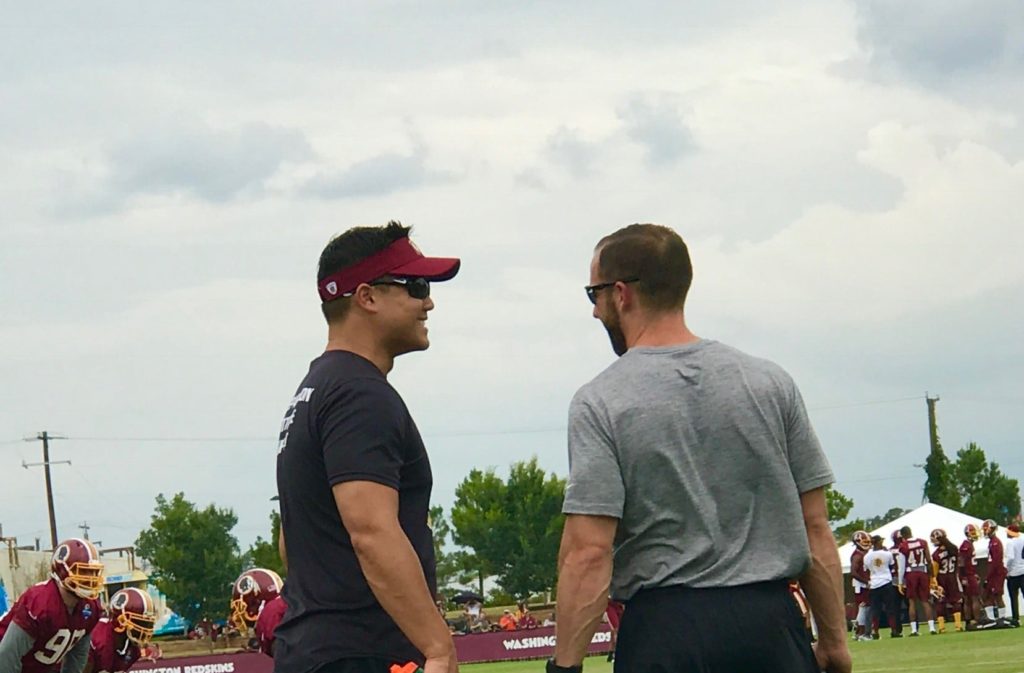 “Our favorite pre-practice snack is breakfast burritos. We do many varieties of these throughout the season, but one of the group favorites is scrambled eggs, cheddar cheese, turkey bacon, peppers, and onions, wrapped in a tortilla shell, toasted on the grill,” says Sankal.
“Our favorite pre-practice snack is breakfast burritos. We do many varieties of these throughout the season, but one of the group favorites is scrambled eggs, cheddar cheese, turkey bacon, peppers, and onions, wrapped in a tortilla shell, toasted on the grill,” says Sankal.
Smoothies and shakes are another way that Sankal keeps the team fueled between meals.
“We utilize shakes and smoothies with milk each day as a way to bridge the gaps between meals and also to enhance recovery after practice,” he explains.
While the Washington Football Team has the advantage of team dietitian Sankal and Chef Connor, Sankal also has tips for student and non-professional adult athletes.
“For young athletes, it’s important to start developing a routine for eating around activity. This could be as simple as hydrating and eating a high carbohydrate snack before soccer practice each day and then rehydrating and eating a recovery snack after practice, like chocolate milk. Along these lines, eating three quality meals per day is key to growth and development,” he says.
For adults, Sankal suggests focusing on consistency and routines.
“Your nutrition shouldn’t be the same on non-exercise weekdays as it is on training or competition weekend days. Eat a little more with emphasis on preparation and recovery nutrition on exercise days. Eat a little less on non-exercise days. Keeping a close eye on this will help prevent fat mass gain and lean mass loss over time.”


